
Al-Diwan offers different learning tracks for learning the Arabic language to suit students' different goals

Overview
Modern Standard Arabic (MSA), Standard Arabic, or Literary Arabic is the standardized and literary variety of Arabic used in writing and in most formal speech. (MSA) is the literary standard across the Middle East, North Africa, Horn of Africa and one of the official six languages of the United Nations ...
Learn MoreOverview
Egyptian Colloquial Arabic (ECA) is spoken natively by more than 55 million Egyptians, and as a second language by most of the remaining 25 million Egyptians, as well as by immigrant Egyptian communities in the Middle East, Europe, North and Latin America, Australia and East Asia. Among the spoken varieties of Arabic, standard Egyptian Arabic (based on the dialect of the Egyptian capital) is the only one to have become a lingua franca in other parts of the Arabic-speaking world.
Overview
Al-Diwan offers several specific programs to suit those who want to learn Arabic for a specific purpose or who want to take specialized advanced lessons in a specific part of Arabic as Conversational Arabic (Fus-ha) or Al-Nah'w (Arabic Grammer), or who even want to learn some specific skills as writing, reading ...
Learn More



This Stage aims that the student be able to use Egyptian dialect in normal day to day situations, so that he/she can
a) Introduce yourself and welcome others.
b) Use numbers and tell the time and date – weekdays and months.
c) Describe locations, directions, addresses and the weather.
d) Conduct a conversation with (Hotel service employees – salesmen at the market – Post office employees – Restaurant waiters)
e) Learn the Arabic alphabet.
f) Recognize the different types of sentences in the Arabic language.
g) Use Pronouns – Demonstrative Pronouns – Singular and plural – Relative pronouns – Negation – Interrogative Pronouns.
h) Identify Jobs and occupations.
i) Recognize tenses (past-present-future) in the Arabic language.
j) Learn some adjectives and recognize some sports and hobbies.
The aims of this stage are to enable students to
a) Get familiar with the Arabian and Egyptian culture.
b) Thank, praise and appreciate a person.
c) Talk about your own life and describe memories.
d) Describe a trip to a certain place.
e) Talk about your family.
f) Describe some habits and traditions in Egypt and the Arab world.
g) Describe an event you saw or heard about.
h) Recognize some Arab and Egyptian dishes and traditional products.
j) Recognize some famous figures in the Arabian and Egyptian cultures (Najeeb Mahfooz – Omar El Shareif).
k) Recognize festivals and events in Egypt and the Arab world.
l) Recognize some Arab proverbs used in everyday life.
m) Use tools of condition – exception – assumption – hope.
The aims of this stage are to enable students to
a) Talk and discuss various subjects – local and international politics, social life and religion.
b) Compare between countries – persons – Time eras.
c) Talk about the history of some countries.
d) Recognize the features of the Egyptian, Arabian and Islamic culture.
e) Describe characters both physically and morally.
f) Giving advice, instructions, suggestions and recommendations after analyzing and evaluating cases and problems.
g) Using compound & passive tenses and tools of relation.
h) Recognize some famous Arabian arts and literature.
i) Tell a story with different time aspects using description.
*All these books are available at Al-Diwan.
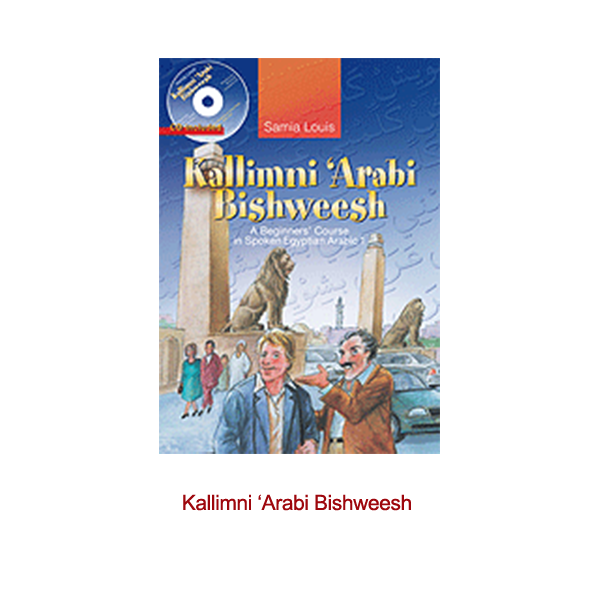
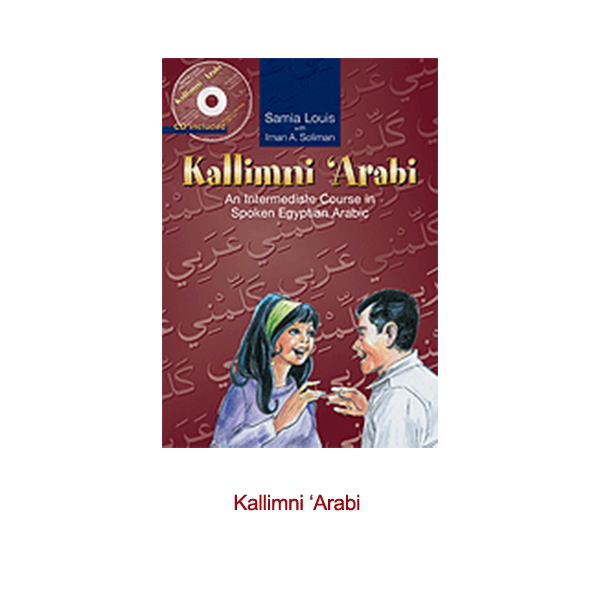
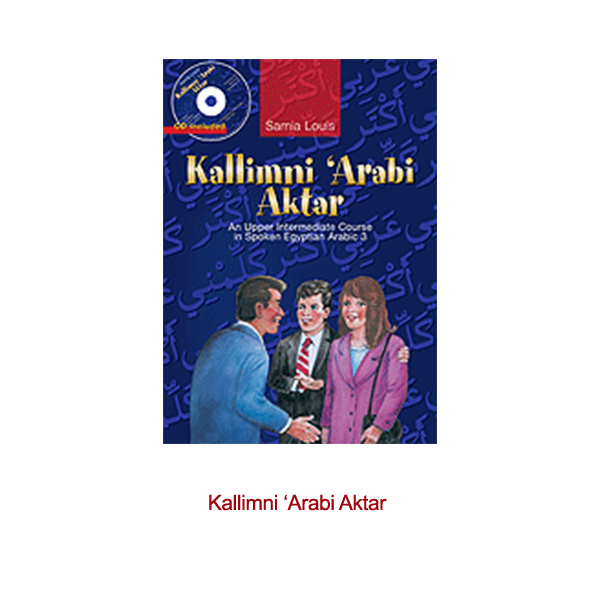
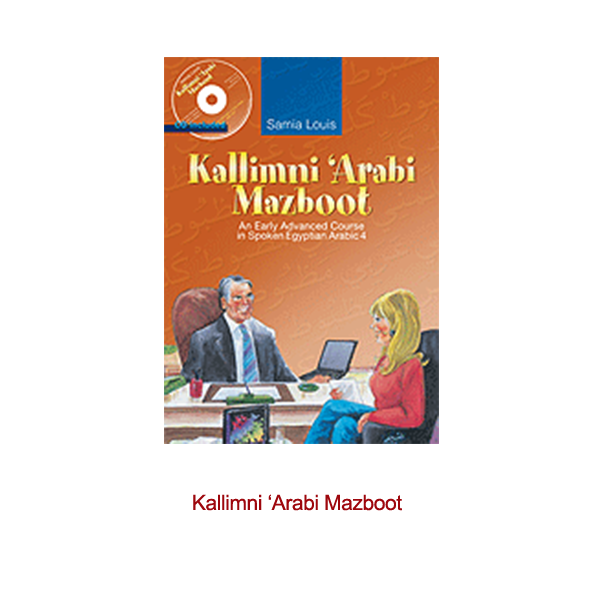
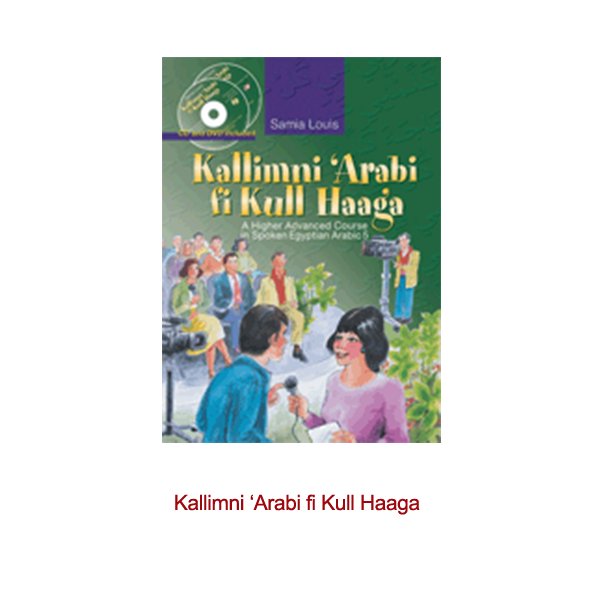
“Continuous Evaluation” of all instructional components; Student, Teacher, Curriculum, and Administration is a main principle at Al-Diwan. We have accordingly implemented the following evaluation systems in order to continuously improve our programs.
- A placement test must be taken before the student starts taking courses. This test helps us determine exactly what level of language proficiency the student possesses at the onset of his or her studies.
- A daily evaluation is conducted through homework assignments, class participation, and quizzes.
- Mid-level Exams should be passed.
- Final Exams should be passed.
- At Al-Diwan, the student’s learning performance is evaluated according to the following criteria: Class Participation, Oral Exam, Mid-level Test and Final Exam.
- Daily administrative supervision and follow-ups on teacher performance using technical forms and logs
- A teacher evaluation form, which the students will fill out at the end of each course
- Periodic discussions with students on their opinions of the study system, their feelings regarding the achievement of their study goals, and their suggestions by way of improvement.
- During and after each program there is an evaluation conducted to assure the whole instruction experience, guided by students’ evaluation forms collected at the end of the program, instructors’ feedback, and administration notes.
- Al-Diwan organizes regular instructor meetings and workshops to evaluate curriculam, making the necessary additions or changes in an effort to better meet the students’ goals and increase our effectiveness in language instruction.
- Al-Diwan has an administrative system that ensures every staff member is putting what is expected of effort in his work time. Every branch manager, staff member and employee has his own duties to be accomplished in a specific timeframe. Administrative evaluation is always conducted to find gaps in performance, extraordinary and above-average performance, and therefore the top administration decisions come to either reward or remedy that work results.